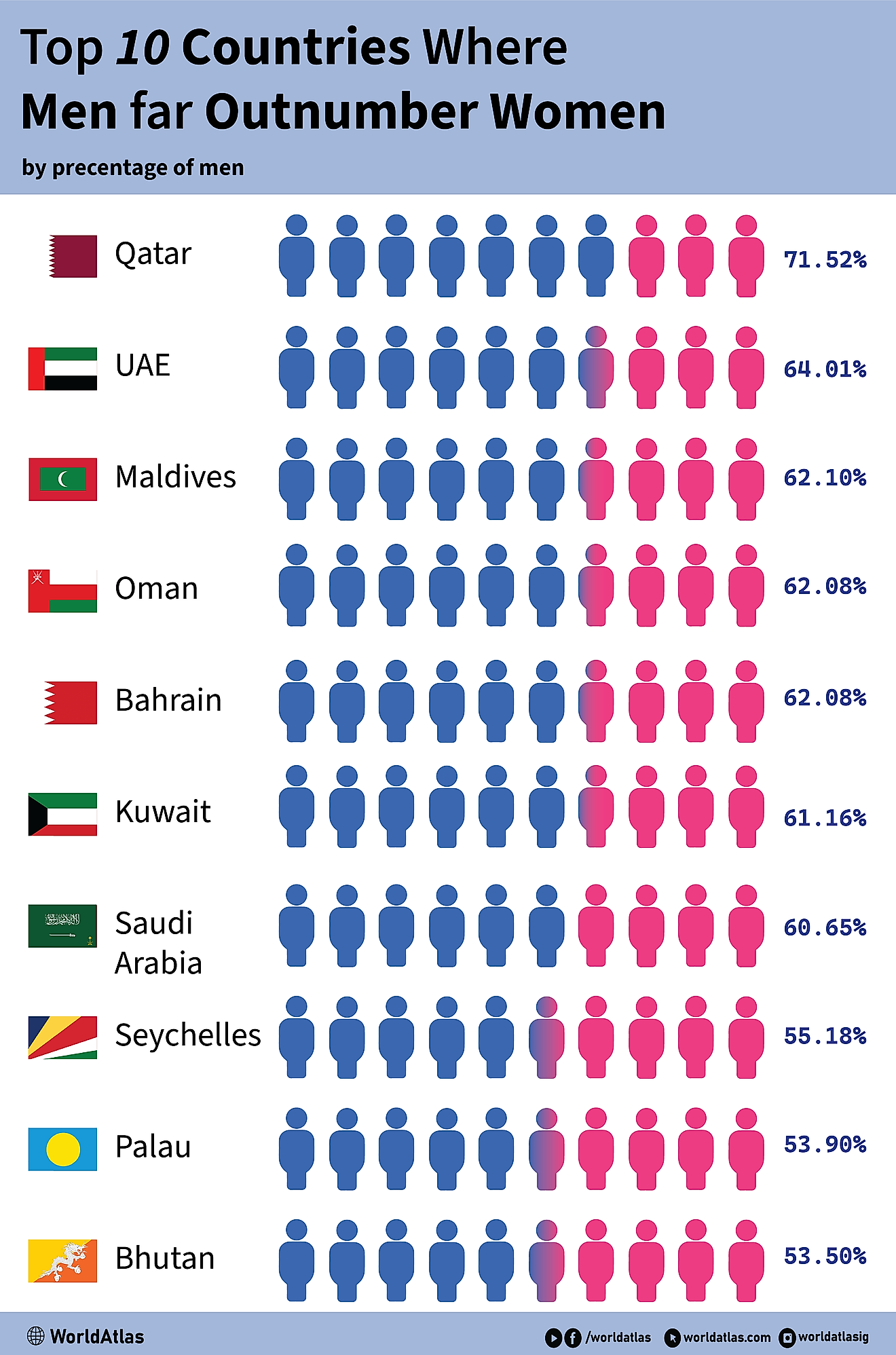What is Ethiopianism?

Ethiopianism is a movement born out of necessity to lobby for political and religious freedom with a broader view of restoring Africa’s dignity and inculcate a sense of patriotism in the Africans. It dates back to the modern colonial era and manifested itself in the sub-Saharan countries. The movement was a channel through which the members of the sub-Saharan countries used to advocate for better treatment from their colonial masters. The movement was an avenue that the Africans used to air out the grievances and their frustrations on how they were treated; particularly being against any form of segregation by the colonial rulers. It was a movement to champion for inclusivity and freedom to practice what the local people deemed vital and relevant to them in matters religion or politics.
History
Ethiopianism as a movement was initiated in the early 1880s with the main forces behind it being the South African workers who were doing missionary work. They came together and unanimously began forming independent churches which were composed of African members. Among the pioneers to use the term was Mangena Mokone who formed the Ethiopian church in the year 1892. Other pioneers were people such as Edward Wilmot Blyden and Joseph Ephraim who were passionate about African culture and ideologies. This movement was justified by the fact that the word Ethiopia could be traced in the Bible where it was referred to as Cush or Kush. The initiation of the movement triggered similar developments in the region with parallel developments in areas such as Nigeria and Cameroon. In Nigeria, the Native Baptist Church together with the Anglican United Native African Church was established.
The evolution of this movement saw political activities turn into political parties and trade unions with each organization having its own members and their own guiding principles to guide their undertakings. This was around the year 1920. Later on, the movement narrowed down and was now associated with one section of the independent religious movements such as the Zionist church. Gradually, the name Ethiopianism grew fainter and fainter to the extent that around 1970s, the term was rarely used beyond Southern Africa.
Significance
The movement, just as initially perceived by the proprietors, did serve its purpose to a great extent. It saw that Africans were liberated from harsh treatment by colonial leaders and ensured that retrogressive issues such as racial segregation were going into extinction. The movement played a key role in helping the Zulu rebellion become a great success in the 1906 under the leadership of John Chilembwe. The movement also saw that Africans could now take up leadership positions especially in the churches putting them in a position to make influential decisions. The movement ensured that the slogan "Africa for Africans" came to pass with full inclusivity across the board; religion, political as well as social set up in the colonial era. Through the movement, Africa’s dignity was restored and now the current generations have a legacy to cling on and be proud to be called Africans.











